Presence of US, Turkish forces in Syria violates international law: FM
Syria’s Foreign Minister Faisal Mikdad has stressed that the presence of US and Turkish forces in the Arab country constitutes a violation of international law.
During his meeting with the United Nations special envoy for Syria, Geir Pedersen, in Damascus on Wednesday, Mikdad said that the continued presence of the American and Turkish forces in parts of the Syria territory “violates the Syrian sovereignty and the international law and all relevant [UN] Security Council resolutions.”
The US military has stationed forces and equipment in eastern and northeastern Syria, with the Pentagon claiming that the deployment is aimed at preventing the oilfields in the area from falling into the hands of Daesh terrorists. Damascus, however, says the unlawful deployment is meant to plunder the country’s resources.
Former US president Donald Trump admitted on several occasions that American forces were in Syria for its oil.
Turkey has also deployed forces in Syria in violation of the Arab country's territorial integrity.
Ankara-backed militants were deployed to northeastern Syria in October 2019 after Turkish military forces launched a cross-border invasion in a declared attempt to push fighters of the Kurdish People's Protection Units (YPG) from border areas. Ankara views the US-backed YPG as a terrorist organization tied to the homegrown Kurdistan Workers' Party (PKK), which has been seeking an autonomous Kurdish region in Turkey since 1984.
In his remarks, Mikdad also slammed the unilateral sanctions against Syria, saying they are “the main cause of the Syrians’ sufferings.”
Since 2011, Syria has been gripped by foreign-backed militancy, leading to the emergence of Daesh and other terrorist groups in the Arab country.
The Syrian government has repeatedly condemned the US and the EU for waging economic terrorism on the country through their unilateral sanctions, holding them responsible for the sufferings of the Syrian people, especially now that the country is grappling with a deadly coronavirus outbreak.
The meeting also saw the two sides discuss the latest developments in Syria, including efforts by the Syrian government to restore stability to the country.
Later on Wednesday, Pedersen told reporters that he expects that constitutional talks between the Syrian government and opposition groups would resume next month.
“I must say that after my discussions today, I am more optimistic that it will be possible to convene the seventh round of the drafting body of the constitutional committee, hopefully sometime in March,” he said.
At a Russia-hosted Syrian peace conference in Sochi in January 2018, an agreement was reached to form a 150-member committee to draft a new constitution until September 2019, equally represented by the Syrian government, political opposition, and civil society.
A smaller committee of 45 individuals of that same proportion is tasked with negotiating and drafting the new constitutional provisions.
The last round of meetings aimed at revising the constitution was held in October last year.
Yemeni FM: Israel’s sponsors accountable for ongoing aggression on Sana’a
Eight Palestinians killed as Israel attacks Gaza school, hospitals
VIDEO | Rome, Milan host new protests in solidarity with Palestinians
Dec. 21: ‘Axis of Resistance’ operations against Israeli occupation
Spain jurists demand ties with Israel ties be cut
VIDEO | Press TV's news headlines
VIDEO | Iran honors top Science Olympiad medalists
VIDEO | Austrians arrested at Gaza protest in Vienna


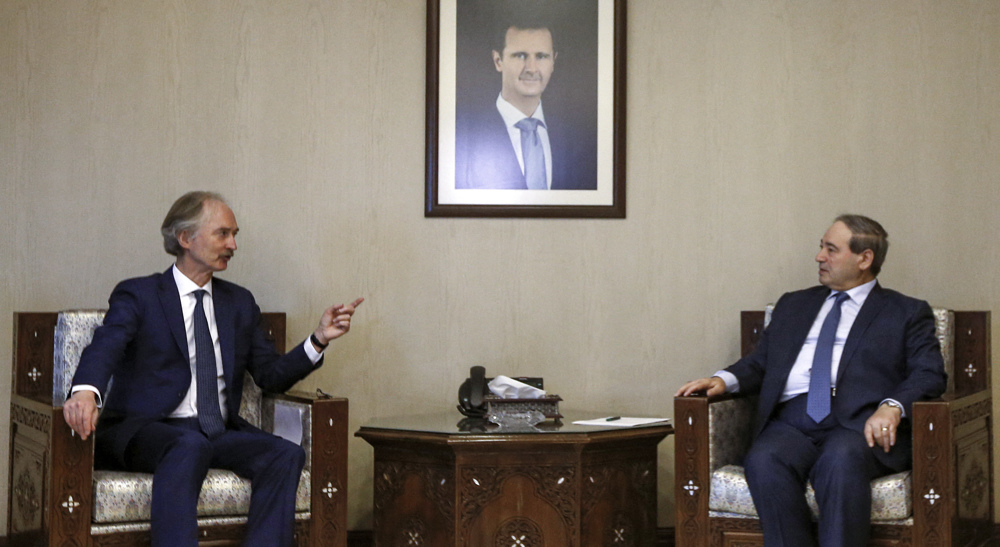
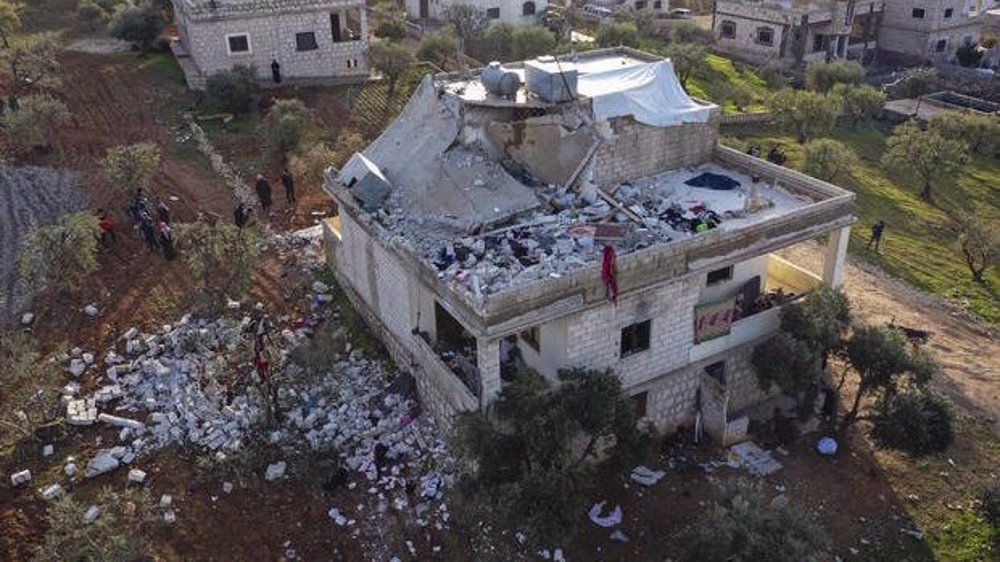
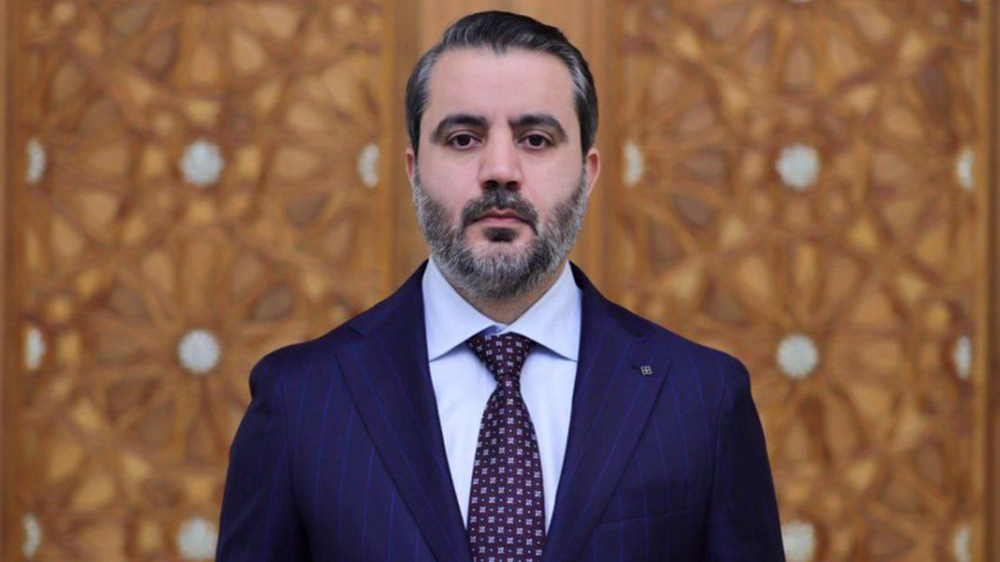

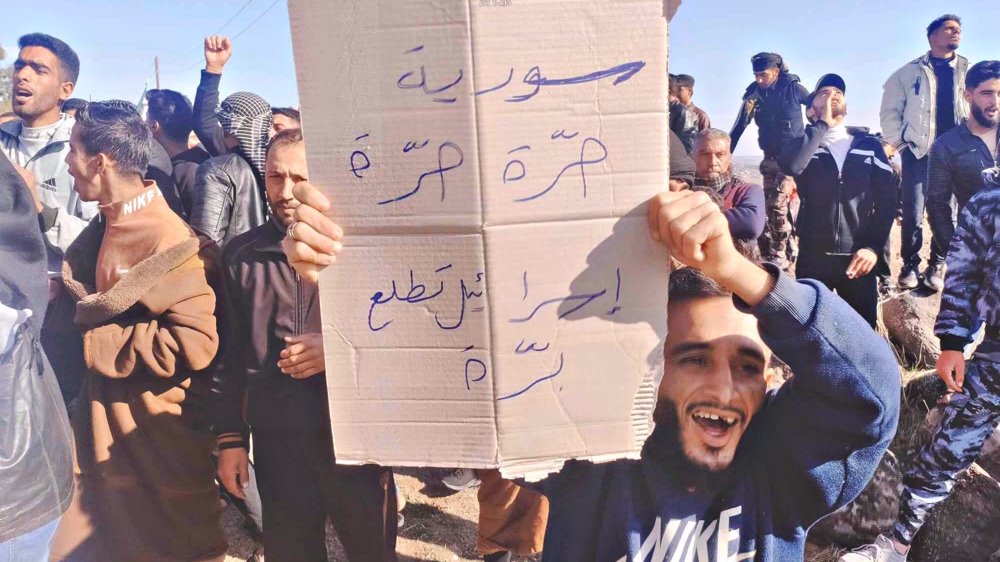



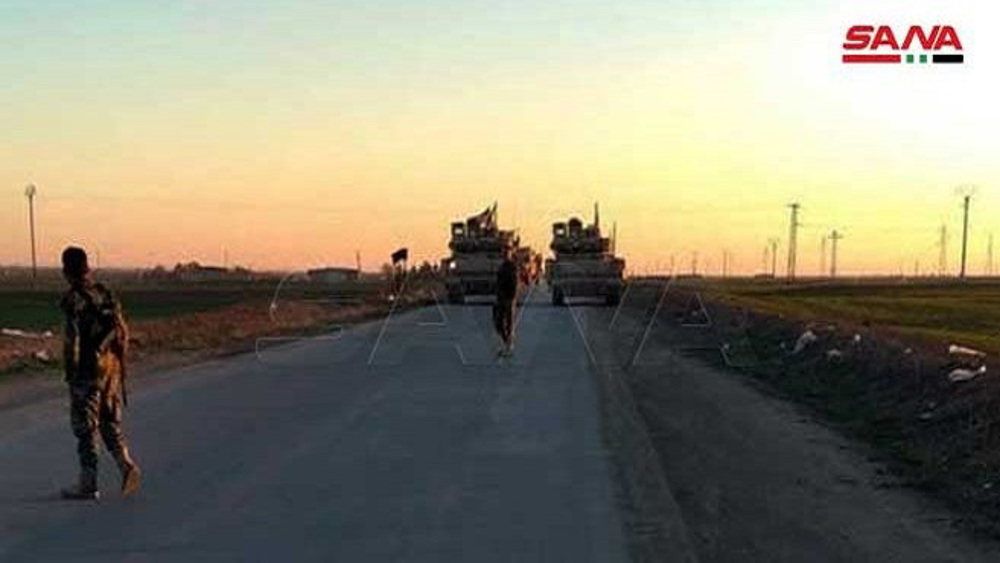
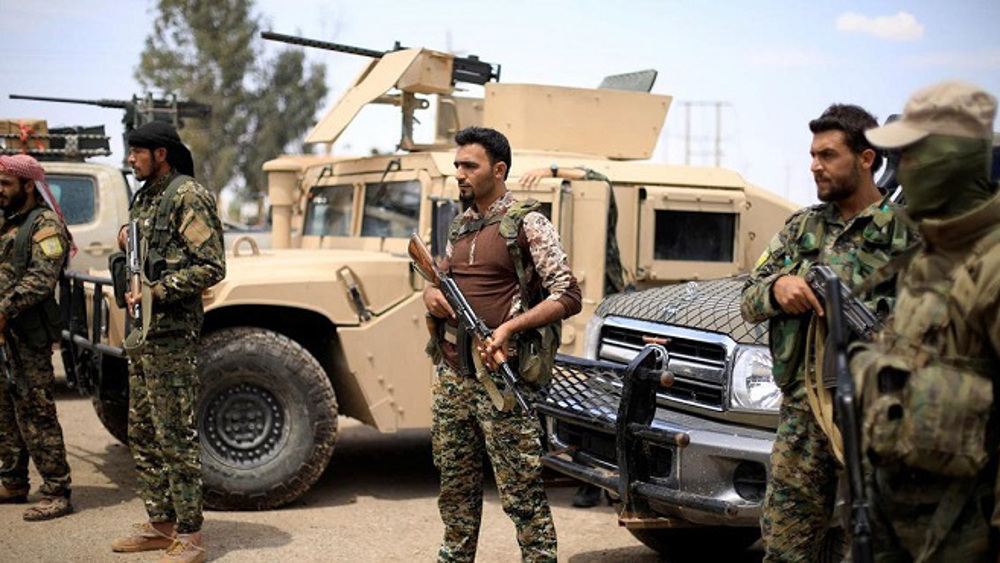
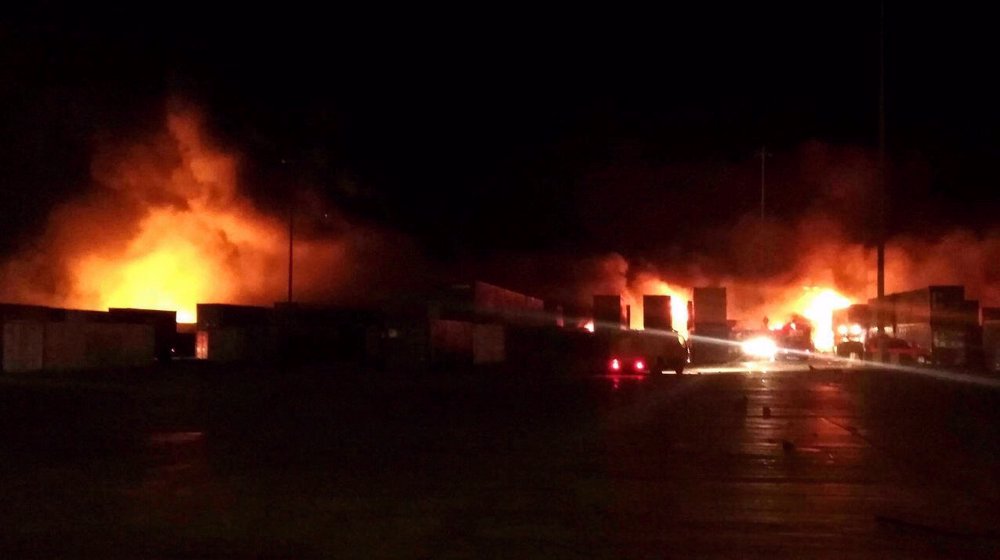
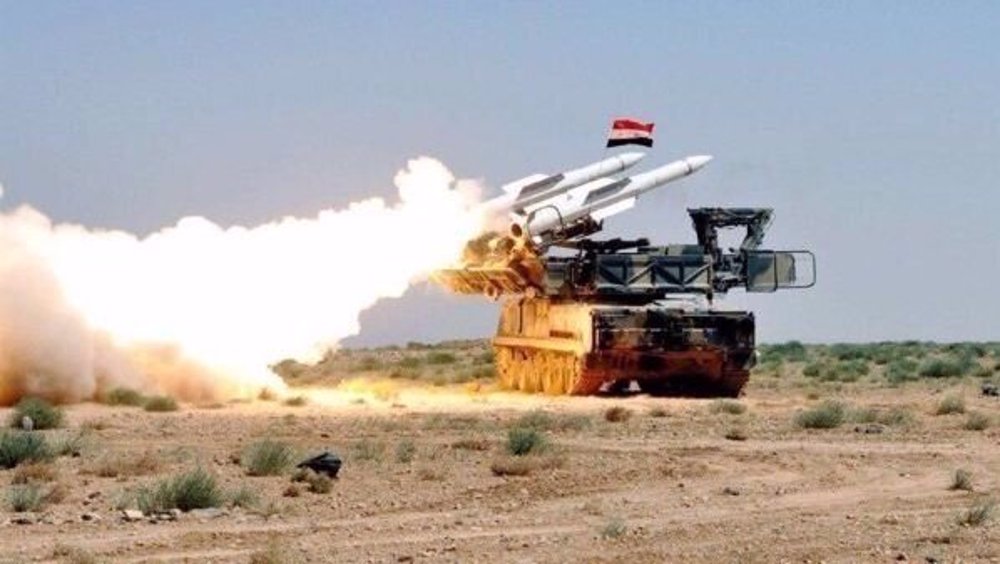
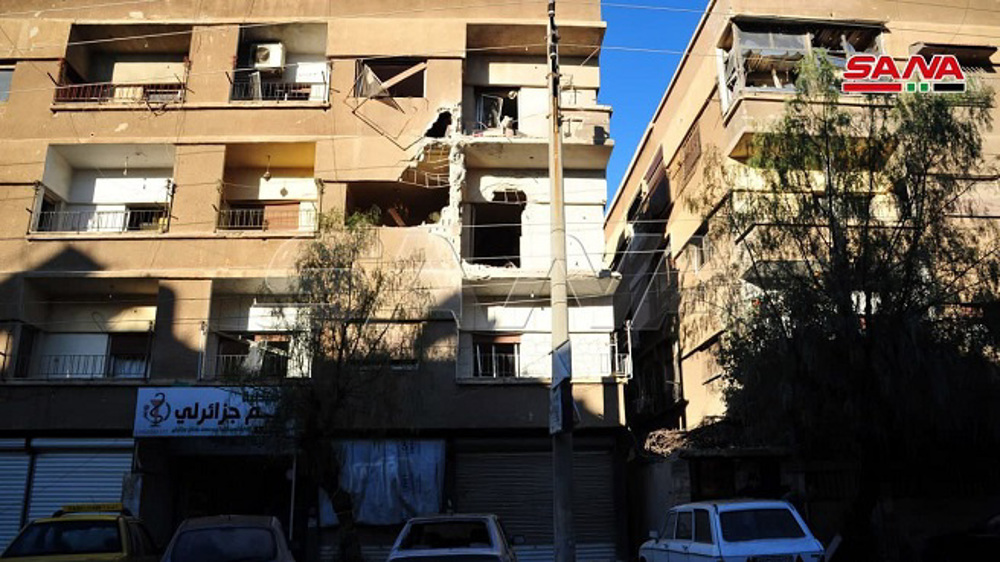

 This makes it easy to access the Press TV website
This makes it easy to access the Press TV website